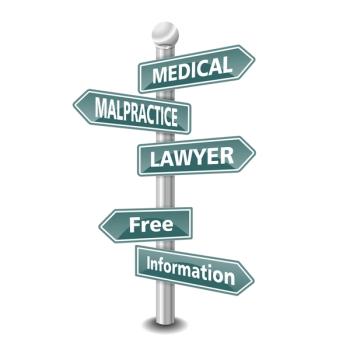
Medical malpractice, a form of professional negligence, remains a heavily criticized legal solution for ensuring patient autonomy and competent health care.

Medical malpractice, a form of professional negligence, remains a heavily criticized legal solution for ensuring patient autonomy and competent health care.

As physicians, the risk of being sued is one of our greatest concerns.
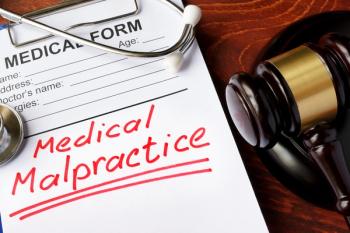
A courageous piece that tells the story about a lawsuit that dragged on for nearly two decades after the sudden and unexpected death of this psychiatrist's patient.

Focusing on concerning behaviors may better assist with prevention than sensationalizing individual perpetrators’ motives.

The typical trials of an teen working to understand sex and intimacy is compromised by an inappropriate power dynamic in this film, according to the authors.

In this podcast, Dr Mark Komrad explores the relatively new Medical Aid in Dying (MAID) law in Canada, and how it may be on the verge of opening medical euthanasia to certain qualified psychiatric patients

A clinical psychiatrist and medical ethicist reviews some of the history, the data, the emerging reality of a remarkable slippery slope, and some profound ethical concerns raised by these practices.

Some of the most challenging decisional capacity consultations are requests to determine if a patient has the capacity to participate in discharge planning.

Test your knowledge on strategies to reduce and prevent restraints and seclusions among children and adolescents in psychiatric settings.

Labeling a (clinically unexamined) public figure as "dangerous" can do as much or more harm as promulgating a specific psychiatric diagnosis.

Psyched! A new podcast series begins with with renowned ethics expert and Chair of the DSM Steering Committee for APA, Dr. Paul Appelbaum.

Evil? Psychopathology? Mental illness? Gambling disorder? Brain tumor? Can future massacres be prevented if we understand what caused the Las Vegas shooter to become our country's biggest mass murderer?

A psychiatrist recounts her harrowing experiences at both Bellevue Hospital and one of the most notorious correctional systems in the United States.
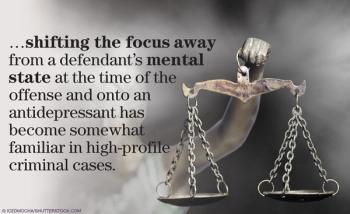
Neither time nor science has given pause to some attorneys who exploit the misunderstanding that surrounds the putative "criminogenic" effects of antidepressants.
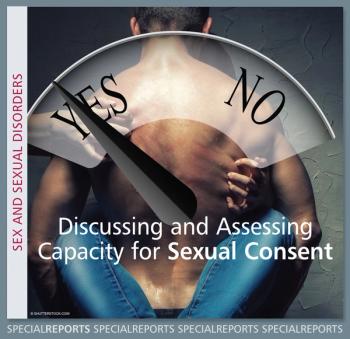
Here: a review of the definition of sexual harassment, its prevalence among physicians and medical students, its potential impact on physicians and trainees, and guidance about its management.

The 1990s can be considered a high-water mark for support of the death penalty, as well as for imposing it. Where does that figure stand now? Take the quiz and learn more.

The authors discuss some potential complications arising from a constitutional ban on executing persons with mental illness.

Although a majority of states still permit capital punishment, this may not represent the true national mood: many of these states have not had an execution in more than 10 years.
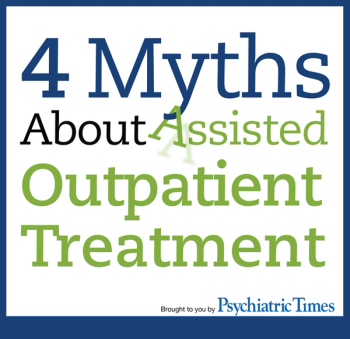
After lounging on the doorstep of respectability for the past decade, assisted outpatient treatment is here to stay. But some still balk at the notion.
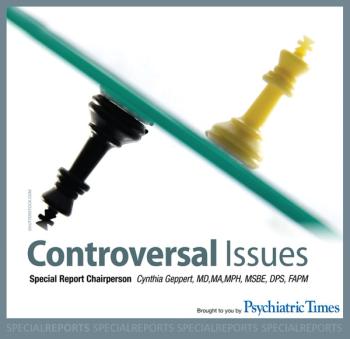
Strong evidence supports sound arguments on each side of 3 debates covered here-so get in there and fight nice.

Here: common misconceptions about assisted outpatient treatment--and how this tool can help selected mentally ill patients who are most difficult to treat.

The authors examine legal and ethical challenges for the psychiatrist when a defendant who is incompetent to stand trial declines to take prescribed psychotropic medication.
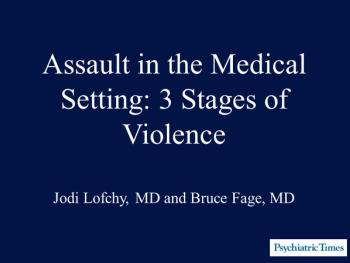
When clinicians work without ready access to a security team or environmental safety protocols, early recognition is crucial to preventing or avoiding those rare occasions when behavior problems escalate.
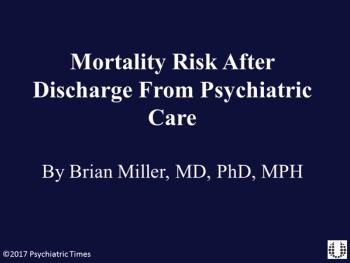
Which patients are at greatest risk for premature death following discharge?
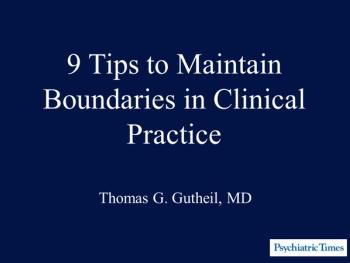
The points summarized in this pocket guide-drawn from actual cases-recur repeatedly as problems for practitioners.